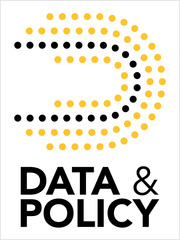The title as originally published contained an error. The author intended to use the term “generative” rather than “general.” The title has now been updated to reflect the intentions of the author.
From:
The future of learning or the future of dividing? Exploring the impact of general artificial intelligence on higher education.
To:
The future of learning or the future of dividing? Exploring the impact of generative artificial intelligence on higher education.
Similarly, the policy significance statement contains an error. It refers to “general artificial intelligence” rather than “generative artificial intelligence.” The policy significance statement should read as follows:
Policy significance statement
This study underscores the critical need for policy and education leaders to adopt and implement comprehensive and inclusive policies in higher education to effectively leverage the capabilities of generative artificial intelligence (GAI). Our analysis shows sharp disparities in GAI readiness across top universities, which implies an impending widening of educational inequalities in the absence of effective policy measures. Policymakers must prioritize the development of robust GAI integration strategies that not only enhance curricula with essential AI skills and ethics but also ensure equitable access for all individuals and institutions. By systematically aligning educational frameworks with the evolving demands of the AI era, we can equip graduates with the necessary tools to thrive in a digitally driven future under transformative technological advancement.
The authors apologise for these errors.



Comments
No Comments have been published for this article.